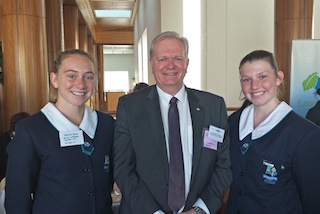 In November last year, Pacific was chosen as one of 20 schools across Australia to engage students in creating a sustainable development plan for Australia to 2050. The Young Australians’ Plan for the Planet was developed and promoted as a pilot global plan, designed to achieve the United Nations’ Sustainable Development Goals (SDGs). This exciting opportunity was initiated by Questacon, Inspiring Australia, Future Earth (Australia), Foundation for Young Australians, United Nations Information Centre (UNIC) Canberra, the Australian National University (ANU), University of New South Wales (UNSW), University of Technology, Sydney (UTS) and other supporting organisations to promote sustainable development in Australia and globally. The hope was that this process might then be replicated across the world over the next three years to see youth across the world engaged in the achievement of the UN SDGs.
In November last year, Pacific was chosen as one of 20 schools across Australia to engage students in creating a sustainable development plan for Australia to 2050. The Young Australians’ Plan for the Planet was developed and promoted as a pilot global plan, designed to achieve the United Nations’ Sustainable Development Goals (SDGs). This exciting opportunity was initiated by Questacon, Inspiring Australia, Future Earth (Australia), Foundation for Young Australians, United Nations Information Centre (UNIC) Canberra, the Australian National University (ANU), University of New South Wales (UNSW), University of Technology, Sydney (UTS) and other supporting organisations to promote sustainable development in Australia and globally. The hope was that this process might then be replicated across the world over the next three years to see youth across the world engaged in the achievement of the UN SDGs.
Each of the 20 schools represented a zone across Australia and were expected to work in conjunction with local universities to develop a plan for their Eco Zone to 2030. Students were expected to draw on their understanding of science, business and geography and their passion for local, regional and global sustainability. Pacific represented the South East Zone of Queensland and worked through until June of this year to develop their plan. In June and July of this year, schools then worked to combine the zone plans to produce the national Young Australians’ Plan for the Planet, which was presented in Canberra earlier this month.
As part of science week this year, two students from each of the schools were then sponsored to go to Canberra with accompanying staff to participate in a range of amazing experiences as highlighted later in the newsletter. This global pilot program has been a unique learning opportunity for young people as it has enabled them to experience firsthand the collaborative power of local, regional, national and global cooperation and creativity.
It is heartening to see the imaginative and creative capacities of young people being given a voice in this important area. We thank and commend the students for their participation and commitment to this important co-curricular activity. We thank Mr Wes Warner for initiating and leading this experience over the past 12 months and Mrs Tina Cox for accompanying Mr Warner and the students to Canberra last week.
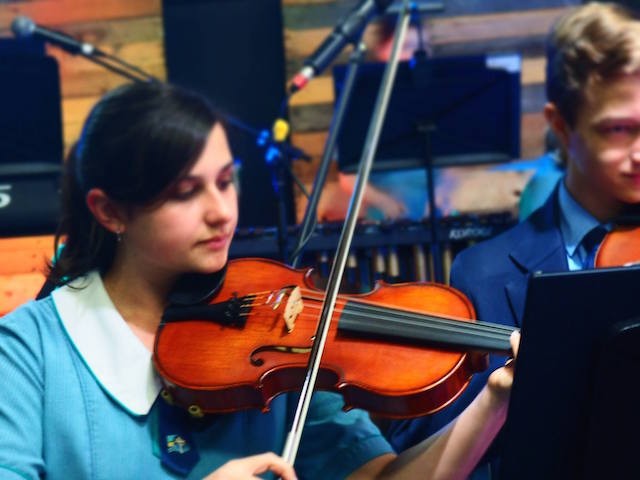 A large audience enjoyed the performances of our students at the Ensembles’ Concert last Friday night. It is important for our musicians to be able to perform for such a large audience and have their growth and talent celebrated and appreciated. We congratulate all of the students and thank parents for their attendance and ongoing support of our music program. A particular thank you is expressed to Mrs Aleisha Tuaine and Mr Adrian King and their team of music staff for their leadership and inspiration of musical talent within the College. We also appreciate the support of the Church on the Rise for this event.
A large audience enjoyed the performances of our students at the Ensembles’ Concert last Friday night. It is important for our musicians to be able to perform for such a large audience and have their growth and talent celebrated and appreciated. We congratulate all of the students and thank parents for their attendance and ongoing support of our music program. A particular thank you is expressed to Mrs Aleisha Tuaine and Mr Adrian King and their team of music staff for their leadership and inspiration of musical talent within the College. We also appreciate the support of the Church on the Rise for this event.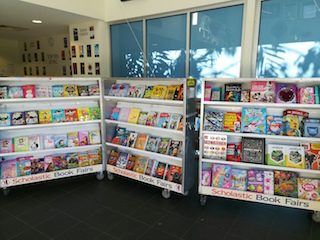 Book Fair has proved a popular attraction this week with both children and parents perusing the wide selection on offer. Sales from the Book Fair enable us to acquire more resources for all students as well as promote a love of reading. We thank everyone for their support.
Book Fair has proved a popular attraction this week with both children and parents perusing the wide selection on offer. Sales from the Book Fair enable us to acquire more resources for all students as well as promote a love of reading. We thank everyone for their support.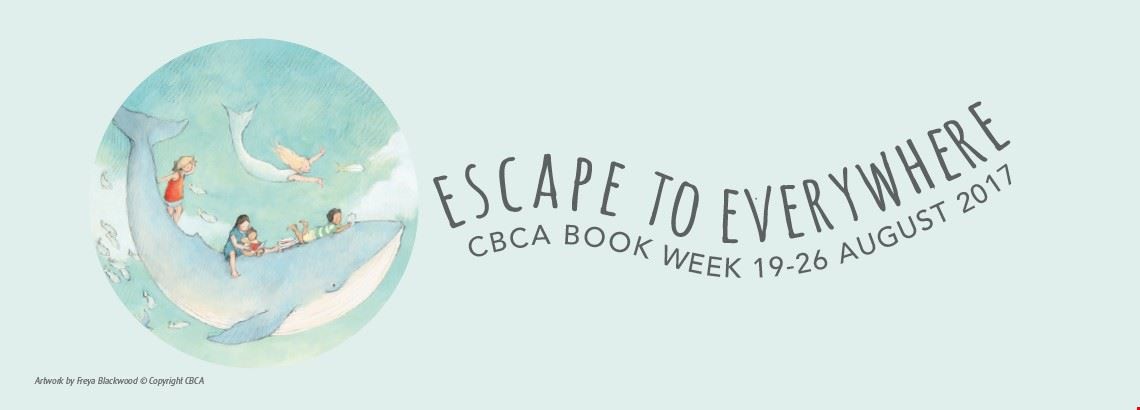 The library is gearing up for our most exciting week in the year. With the Escape to Everywhere theme in mind, we have many activities planned for next week such as green screen images, an ‘escape’ room, codes and puzzles and more. As well, to encourage participation from children of any year level, we are promoting some fun competitions, which will be judged next Wednesday 23rd August: Edible Books, Mechanica Make, Brick It Lego book scene and Peg Doll book characters. Teachers have flyers about these and the details are also up on the library notice board.
The library is gearing up for our most exciting week in the year. With the Escape to Everywhere theme in mind, we have many activities planned for next week such as green screen images, an ‘escape’ room, codes and puzzles and more. As well, to encourage participation from children of any year level, we are promoting some fun competitions, which will be judged next Wednesday 23rd August: Edible Books, Mechanica Make, Brick It Lego book scene and Peg Doll book characters. Teachers have flyers about these and the details are also up on the library notice board.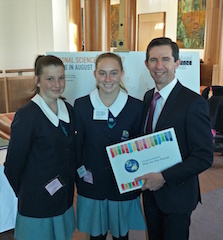 Year 10 students Rebekah Pierce and Georgia Harle were excited to represent Pacific and Eco Zone 11 (South East Queensland) at the It’s Our Future Earth Conference in Canberra last week. As part of the Young Australians’ Plan for the Planet, students responded to a United Nations’ goal for a sustainable future and investigated gender equity implications. At the conference they heard a variety of speakers including Questacon director, Professor Graham Durant and CEO of the Australian Academy of Science, Anna-Maria Arabia. Rebekah and Georgia were also at the breakfast launch of National Science Week where they were able to talk with ANU Vice Chancellor and Nobel Laureate, Professor Brian Schmidt. The conference provided wonderful opportunities for Rebekah and Georgia to network with other like-minded students, learn about a range of career options as well as hear latest research and considerations for the future.
Year 10 students Rebekah Pierce and Georgia Harle were excited to represent Pacific and Eco Zone 11 (South East Queensland) at the It’s Our Future Earth Conference in Canberra last week. As part of the Young Australians’ Plan for the Planet, students responded to a United Nations’ goal for a sustainable future and investigated gender equity implications. At the conference they heard a variety of speakers including Questacon director, Professor Graham Durant and CEO of the Australian Academy of Science, Anna-Maria Arabia. Rebekah and Georgia were also at the breakfast launch of National Science Week where they were able to talk with ANU Vice Chancellor and Nobel Laureate, Professor Brian Schmidt. The conference provided wonderful opportunities for Rebekah and Georgia to network with other like-minded students, learn about a range of career options as well as hear latest research and considerations for the future.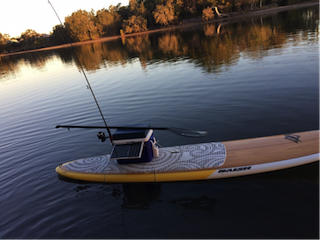 Year 12 Industrial Design and Technology student Ben Holt recently responded to a need to provide fishing enthusiasts without a boat the opportunity to fish at ocean and estuary fishing spots on a small budget. He converted a battery powered live bait aerator to run on solar power to keep live bait in one compartment of the recycled esky, leaving another compartment free for the catch. Ben then attached a rod holder at the back for trolling of lures whiles paddling on the stand-up paddleboard and manufactured an upholstered seat for comfort while fishing. His innovative design can be quickly attached to any SUP. Well done, Ben.
Year 12 Industrial Design and Technology student Ben Holt recently responded to a need to provide fishing enthusiasts without a boat the opportunity to fish at ocean and estuary fishing spots on a small budget. He converted a battery powered live bait aerator to run on solar power to keep live bait in one compartment of the recycled esky, leaving another compartment free for the catch. Ben then attached a rod holder at the back for trolling of lures whiles paddling on the stand-up paddleboard and manufactured an upholstered seat for comfort while fishing. His innovative design can be quickly attached to any SUP. Well done, Ben.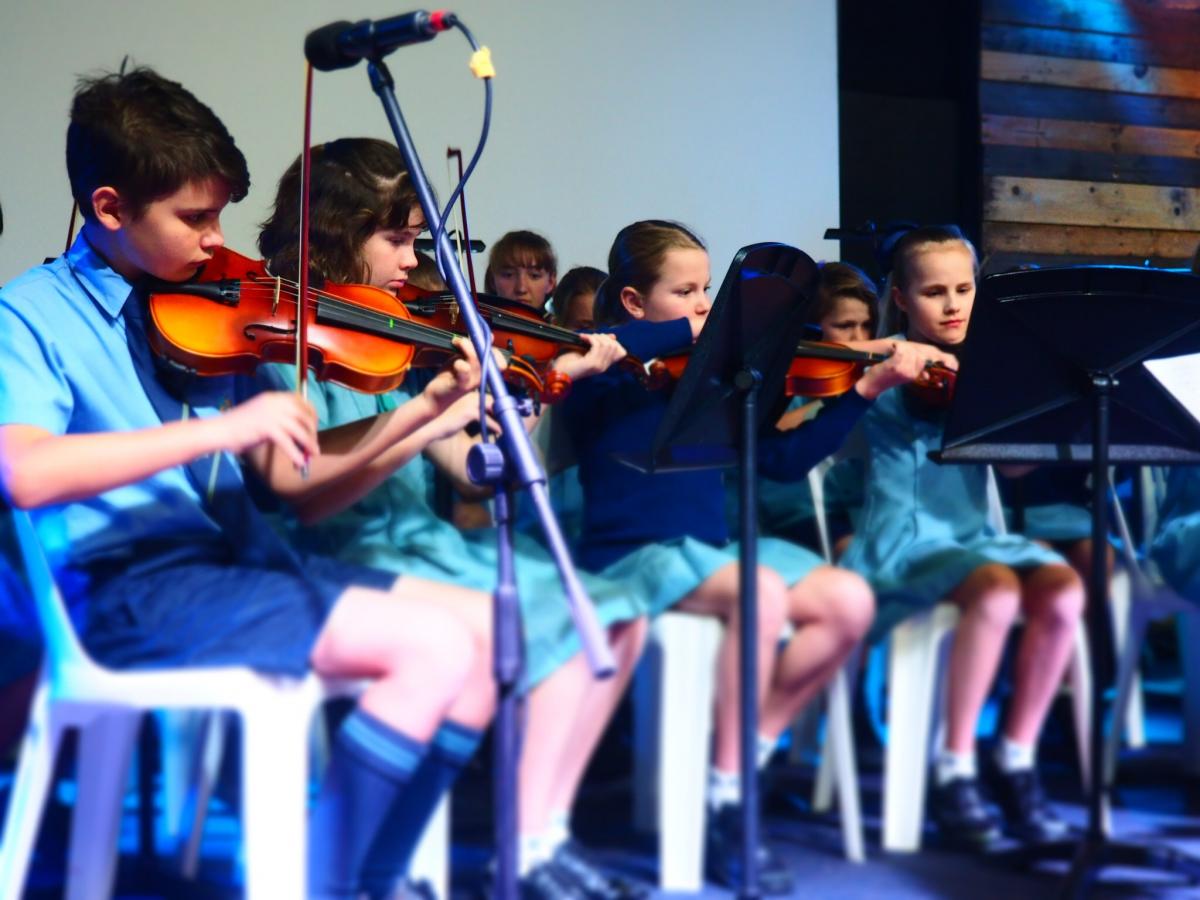 Last Friday evening, nearly 120 students from Year 2-12 came together for our first Ensembles’ Concert of the year. There were performances by the Guitar Ensemble, Junior Strings, Pacific Junior Voices, Woodwind Ensemble, Orchestra, Concert Band, Brass Ensemble, Senior Strings, Pacific Voices and Jazz Ensemble. The night was a great success, with approximately 300 audience members
Last Friday evening, nearly 120 students from Year 2-12 came together for our first Ensembles’ Concert of the year. There were performances by the Guitar Ensemble, Junior Strings, Pacific Junior Voices, Woodwind Ensemble, Orchestra, Concert Band, Brass Ensemble, Senior Strings, Pacific Voices and Jazz Ensemble. The night was a great success, with approximately 300 audience members 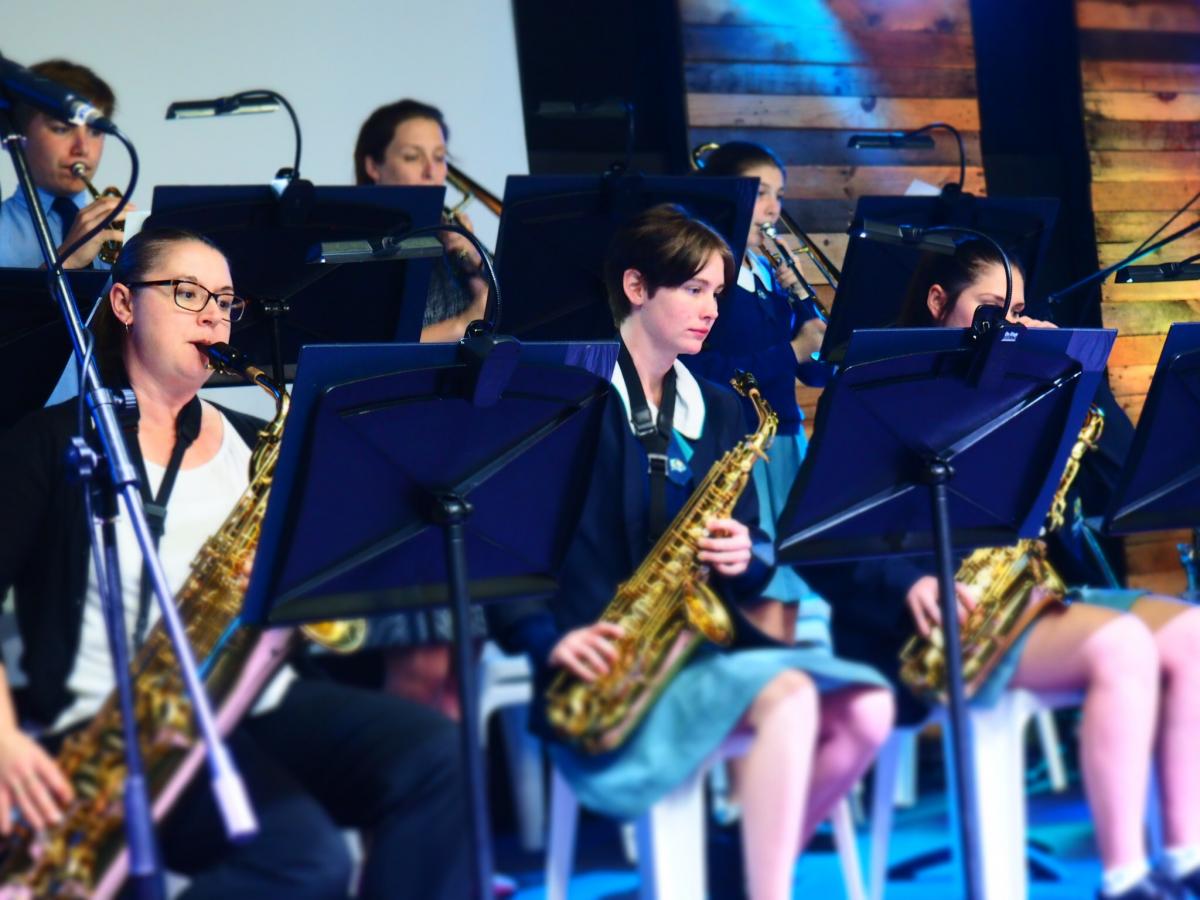 coming along to hear the music. All of the ensembles should be very proud of how they played!
coming along to hear the music. All of the ensembles should be very proud of how they played!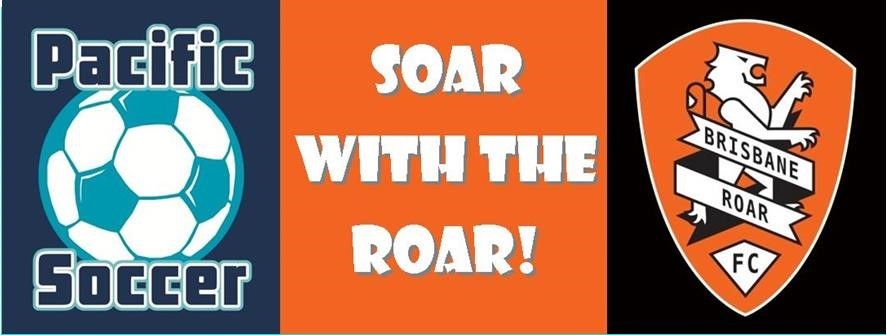 Games This Week
Games This Week

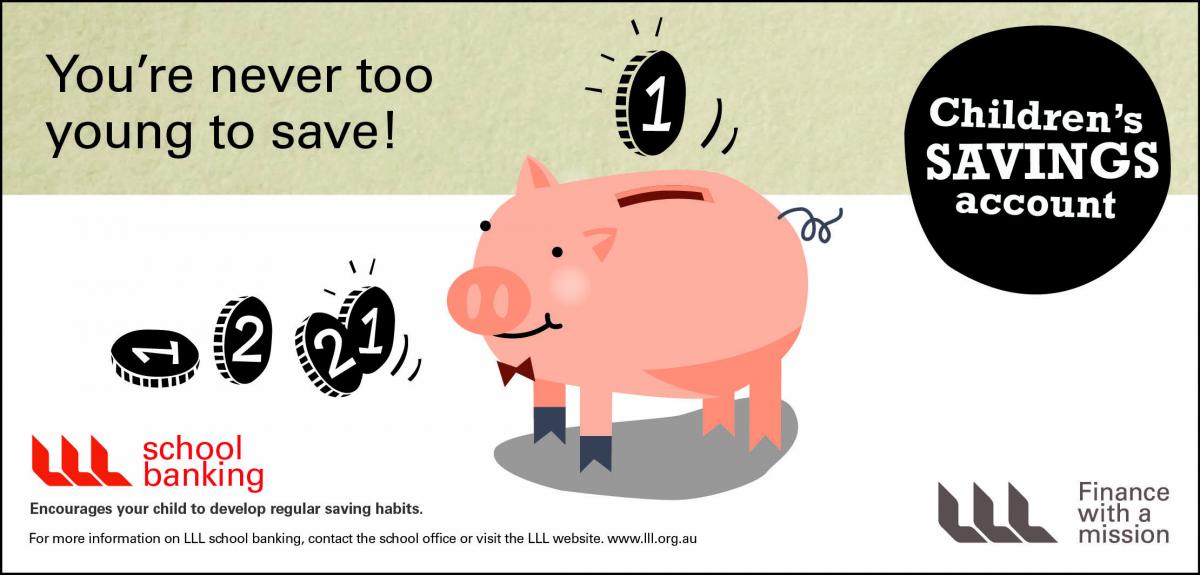
 Pacific Lutheran College is fundraising with Entertainment™ again this year. Order your NEW 2017 | 2018 Entertainment™ Books and Entertainment™ Digital Memberships today and 20% of the proceeds will go towards Pacific Lutheran Early Learning Centre! To order your book or digital membership, visit:
Pacific Lutheran College is fundraising with Entertainment™ again this year. Order your NEW 2017 | 2018 Entertainment™ Books and Entertainment™ Digital Memberships today and 20% of the proceeds will go towards Pacific Lutheran Early Learning Centre! To order your book or digital membership, visit: